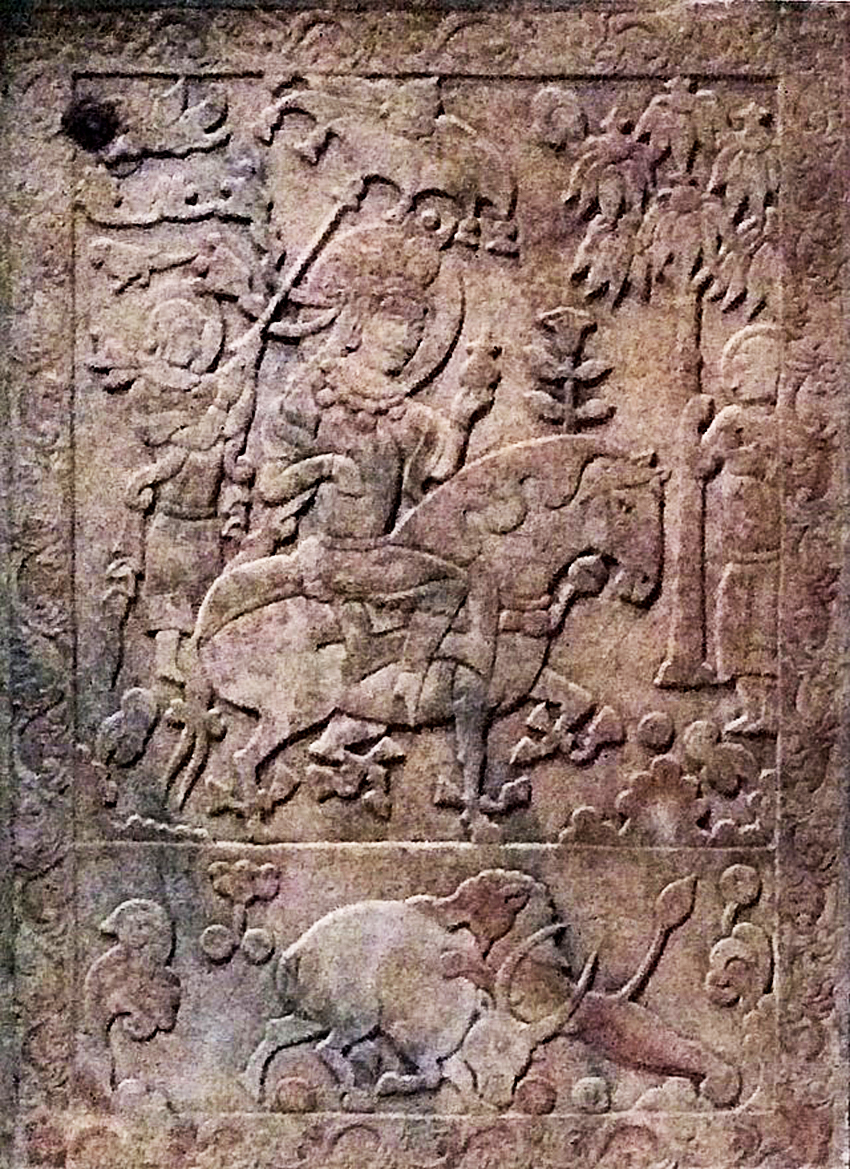Nasza strona www Zaratusztrianizm co na niej znajdziecie,
Głównie tłumaczenia tekstów ksiąg zaratusztriańskich opatrzone komentarzami
Mainly translations of texts of Zarathustrian books accompanied by commentaries

Strona jest systematycznie rozbudowywana i uzupełniana. Teraz koncentrujemy się na dalszej części słownika terminów i na uzupełnianiu przetłumaczonych na Polski ksiąg Zaratusztriańskich. Tłumaczenie jest procesem, żmudnym, ale cały czas przybywa nowych przekładów. Nie posiłkujemy się istniejącym dwoma przekładami Awesty na język Polski, ponieważ pierwszy dokonany prze Pietraszewskiego w XIX w jest archaiczny i obarczony romantyczną błędną interpretacją, a drugi przekład wydany przez wydawnictwo Armoryka, jest po prostu haniebny i został już skrytykowany prze polskich i zagranicznych orientalistów. Tłumaczeń dokonujemy głównie na podstawie tekstów anglojęzycznych jednak staramy się częściowo chociaż sprawdzać ich brzmienie w starożytnym języku Awestyjskim.
Teksty Pahlawijskie są tłumaczone na język Polski po raz pierwszy w historii, poza księgą Viraza (Arda Viraz Namag). Wszystkie tłumaczenia staramy się robić jak najbardziej rzetelnie, ale siłą rzeczy napewno mogą zostać skrytykowane co do szczegółów. I każdą rzeczową i fachową uwagę przyjmiemy z pokorą i wdzięcznością.
Na pewno jednak trzon ich religijnej interpretacji jest zgodny z religią Zaratusztry, a terminy i pojęcia odzwierciedlają ich pochodzenie i przemiany historyczne. Zdajemy sobie sprawę że sposób myślenia i podejścia do wiary samych Zaratusztrian jest zupełnie odmienny niż w religiach Abrahamowych takich jak Judaizm, Chrześcijaństwo czy Islam. Dlatego staramy się obszernie tłumaczyć terminologię i dodawać przypisy i komentarze uzupełniające. Te interpretacje i objaśnienia opieramy na literaturze stricte naukowej, takich wybitnych badaczek zaratusztrianizmy jak Mary Boyce –School of Oriental and African Studies na Uniwersytecie Londyńskim , czy Almut Hintze Uniwersytety Cambridge i School of Oriental and African Studies na Uniwersytecie Londyńskim (SOAS), oraz badaczy Prodsa Oktora Skjaervo – Uniwersytet Harwarda, Martina Schwartza i Pabla Vazqeza– Uniwersytet Berkeley, Michaela Stausberga – Uniwersytet w Bergen, ale także na interpretacjach uczonych Zaratusztriańskich takich jak Mobad Kersey Antia Universytet w Bombaju, Dastur Dr. M. N. Dhalla Uniwersytet Kolumbia, Dinshaw J. Irani, I. Kanga-Uniwersytet w Bombaju.
***
The page is being systematically expanded and enriched. Right now, we are focusing on the further part of the dictionary of terms and on completing translations of Zoroastrian books into Polish. The translation is a laborious process, but new translations are constantly being added. We do not rely on the existing two translations of the Avesta into Polish, as the first one made by Pietraszewski in the 19th century is archaic and burdened with a romantic erroneous interpretation, and the second translation published by Armoryka is simply shameful and has already been criticized by Polish and foreign orientalists. We mainly translate based on English texts, but we try to at least partially verify their sound in the ancient Avestan language.
Pahlavi texts are being translated into Polish for the first time in history, apart from the book of Viraz (Arda Viraz Namag). We strive to make all translations as accurate as possible, but inevitably they can be criticized in detail. We will humbly and gratefully accept any factual and professional comments.
Certainly, the core of their religious interpretation is in line with the religion of Zoroastrianism, and the terms and concepts reflect their origin and historical transformations. We are aware that the way of thinking and approach to faith of the Zoroastrians themselves is completely different from that in the Abrahamic religions such as Judaism, Christianity, or Islam. Therefore, we strive to extensively translate the terminology and add supplementary notes and comments. These interpretations and explanations are based on strictly scientific literature, such outstanding researchers of Zoroastrianism as Mary Boyce – School of Oriental and African Studies at the University of London, or Almut Hintze – University of Cambridge and School of Oriental and African Studies at the University of London (SOAS), as well as researchers like Prods Oktor Skjaervo – Harvard University, Martina Schwartz and Pablo Vazqez – University of California, Berkeley, Michael Stausberg – University of Bergen, but also on the interpretations of learned Zoroastrian scholars such as Mobad Kersey Antia, University of Bombay, Dastur Dr. M. N. Dhalla, Columbia University, Dinshaw J. Irani, I. Kanga – University of Bombay.
Zaratusztrianizm:
Kluczowe nauki i wartości


